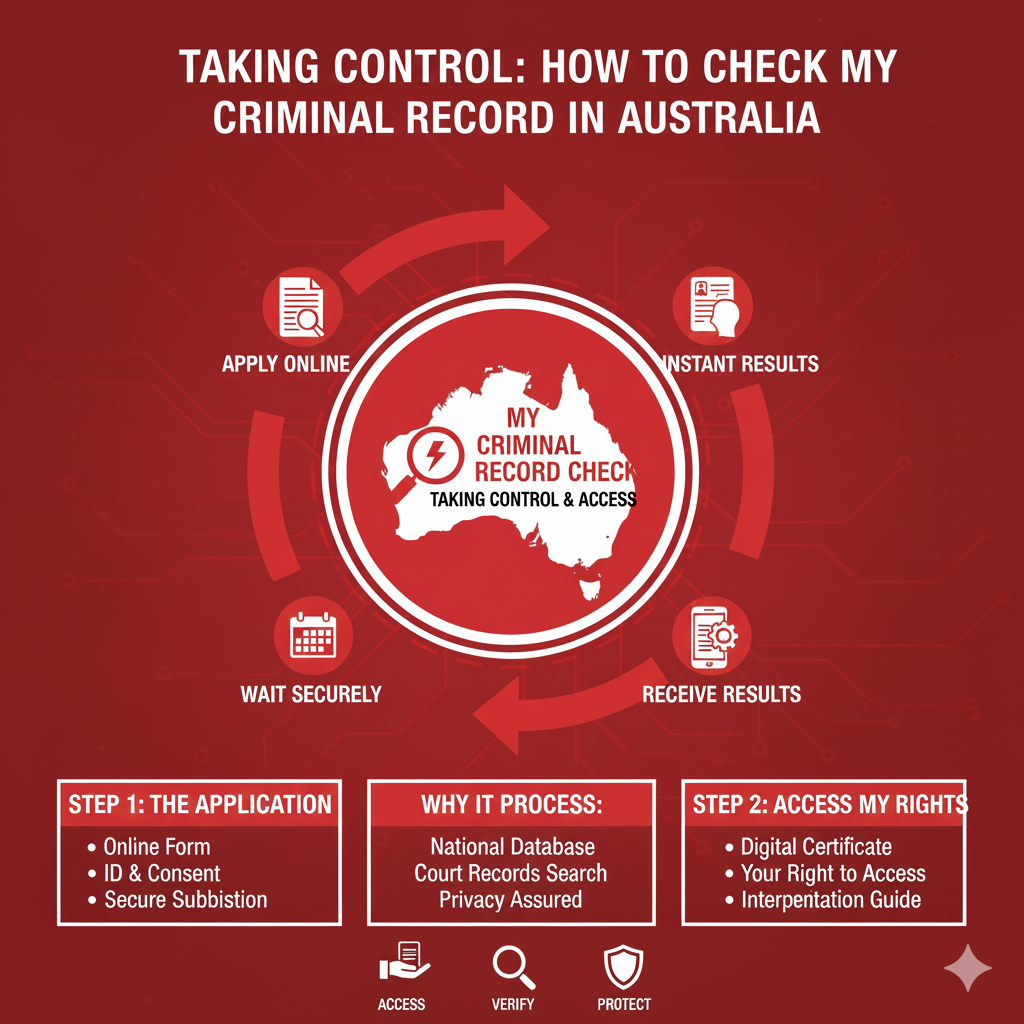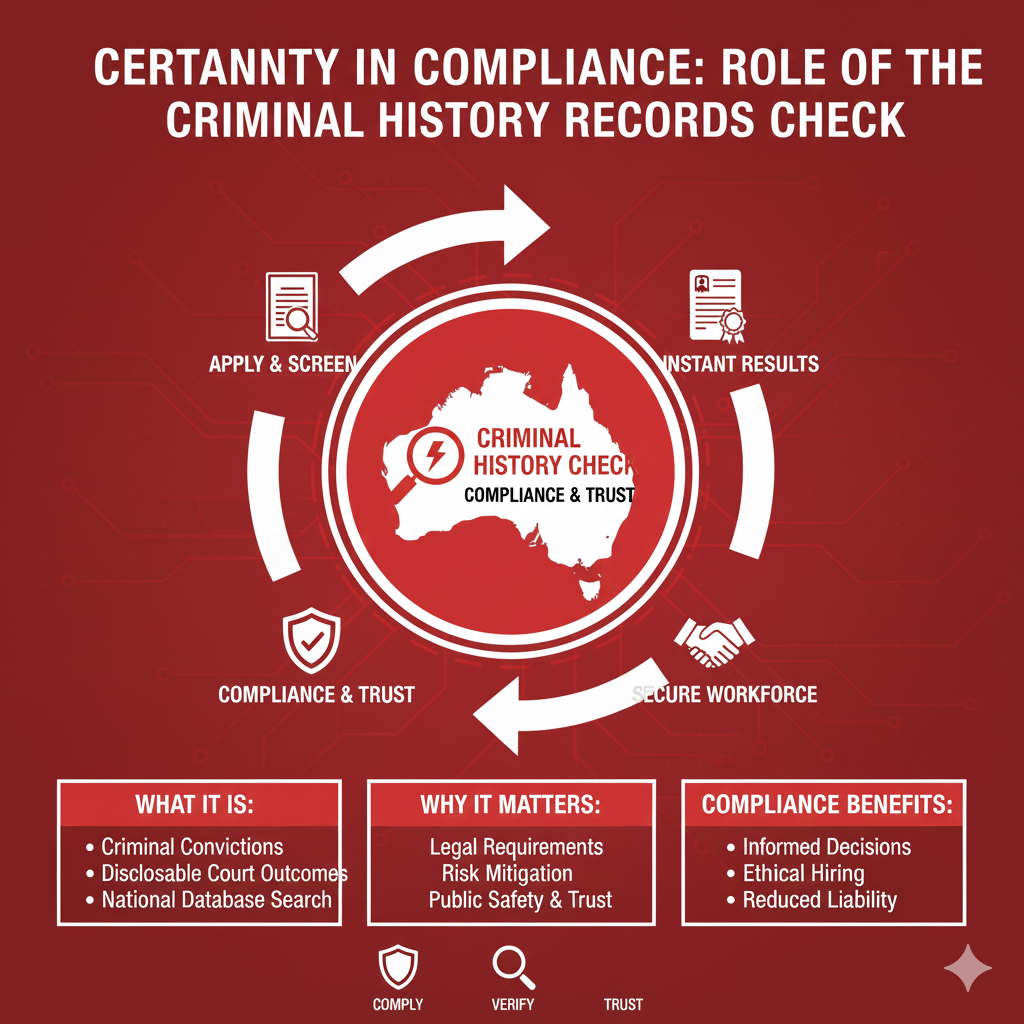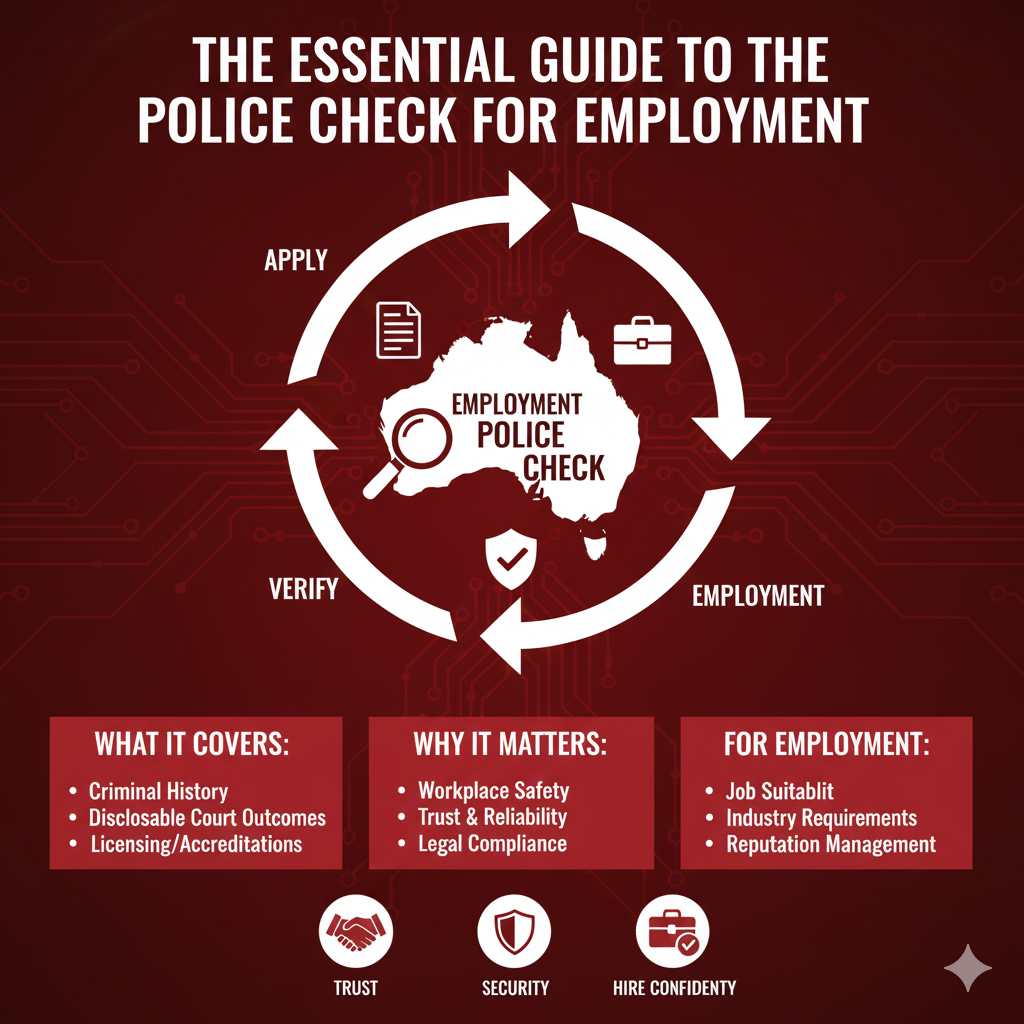With this in mind, employee screening services is one of the absolute necessities an organization or company has for maintaining a safe, effective, and compliant workplace. Whether it’s at initial employment screening or part of routine or enhanced continuous employment screenings, employee screening is one of the surest ways of enabling an employer to make positively informed decisions about persons they will employ in their company. The aim of this paper is to provide an overview concerning employee screening in relation to drug testing and background screening, along with details specific to California.
Understanding employee screening
Employee screening may involve different types of checks and assessments that focus on finding an employee’s suitability for a particular assignment. It can refer to background, drug, and other tests that duly ascertain the establishment’s expectations as far as it relates to the person.
Employee Background Screening
One of the common types of employee rapid screenings is background screening. Its major role is the verification of the history of a candidate to determine whether a candidate is trustworthy for the position.
Criminal Background Checks
Most employee screening services methods include a criminal background check. The criminal background check involves the investigation of any criminal activities the employee ever participated in, that might be a potential threat to the workplace or other employees around.
Employment Verification
This verification of employment serves as proof that the applicant indeed gathered the work experience that they claim. This is done by requiring an employer to call up an applicant’s previous employers for clarification about their dates of employment, title, and reason for leaving, among other information.
Education Verification
Education verification: This consists of verifying whether or not candidates actually have the degrees or other certifications they say they have. It becomes essential in positions where specific qualification checks are required.
Police Check South Australia
A police check in South Australia is crucial for confirming the criminal history of potential or current employees. The South Australia Police provides comprehensive criminal history checks, which are necessary for roles involving security or financial responsibilities.
For more information or to request a police check in South Australia, individuals can contact the South Australia Police directly or visit their official website.
Ongoing Employee Screening
Continuous employee screening services has remained a core feature of safety and compliance in the workplace. This means periodic assessment to determine that your employees remain within organization standards.
Employee Screening in South Australia
In South Australia, police checks are an essential part of the employee screening services process. They help verify an individual’s criminal history to ensure a safe working environment.
Continuous Background Checks
This means employers continuously monitor employees’ criminal records and other vital information, even during their service. This approach allows them to detect potential risks from an employee in a timely manner.
Periodic Drug Testing
This is a practice followed within most industries so it guarantees safety. Periodic tests of the workers will clearly mention that they do not intake any illegal drugs which might be able to impair their responsibilities.
Performance Evaluations
A performance appraisal is a continuous screening and is about the evaluation of an employee’s job performance. These appraisals help to note the weak areas of the job and serve to make sure that the staff is either meeting or below expectations of the job.
Connecticut Employee Screening
Under Connecticut law, employer’s screening for employees is faced with certain legal factors. Connecticut has placed various restrictions through laws on background checks and drug testing. It is, therefore, imperative that employers fully comply with state provisions.
Background Check Laws in Connecticut
The laws in Connecticut regarding background checks are relatively tight. For example, an employer is required to get written consent from a candidate before spending any time conducting a background check on them.
In addition, the law restricts the number of years a criminal background check should go back into a person’s history, usually seven years.
Ban-the-Box Law
Connecticut’s “Ban-the-Box” law prohibits employers from requiring prospective employees to indicate on job applications that they have experienced criminal convictions in the past.
The law provides job equity for people with criminal records and delays background checks closer to the end of the hiring process.
Drug Testing Laws
Connecticut also governs drug testing. Under this law, an employer shall provide written notice to all employees with a clear and consistent drug testing policy.
Random drug testing may only take place under specific circumstances of an employee in a safety-sensitive position.
Employment Verification Check
An employment verification check serves as proof that the applicant’s claimed work experience is accurate. It involves contacting previous employers to verify employment details and is a standard part of the employee screening services process.
COVID-19 Employee Screening Questions
Of course, the COVID-19 pandemic adds new dimensions to employee screening services. Employers must prepare for likely health screenings that can help eliminate or reduce the spread of viruses in the workplace.
Health Screenings
The COVID-19 pandemic has made health screenings a common thing in workplaces. This usually involves a series of symptom-related questions, travel within the last few days, and suspicion of exposure to the virus by any person.
Temperature Checks
Kathryn Has Anger recommends that, in general, temperature checks are an easy but efficient method for an employer to screen for employees to show symptoms of COVID-19.
An employer can check the body temperature of an employee when they arrive at their workplace to find out whether an employee is ill.
Symptom Questionnaires
Some other tools that help in screening the employees for COVID-19 include symptom questionnaires, in which the questionnaires ask about the probable COVID-19 symptoms an employee may have, such as fever, cough, and shortness of breath.
Ones that will not permit the employee to work, and ones that do not allow that employee to work.
Employee Drug Screening Services
Among the forms of employee screening services that drug screening presents, especially in those industries wherein the service provided deals with the safety and protection of the clients, is a drug screening service that favors the establishment of a fact: that the employee is not taking in any illegal substance that would eventually affect his general performance.
Types of Drug Tests
There are several types of drug tests that are available, and they are applicable according to the job need and situation.
Urine Tests
The most common form of employer drug testing involves the use of urine. It is in a position to detect several kinds of substances and most samples are not at all hard to get.
Hair typically provides a much longer window of detection than urine. It also provides heightened sensitivity for the detection of habitual use of drugs. The other side of the coin is that hair is significantly more expensive to test than urine and requires a great deal of time to process.
Oral Fluids
Oral fluid tests, also known as saliva tests, are less invasive in comparison to urine or hair tests. They can be ensured straight after the accident or when an employee seems to be weakened.
Conclusion
Screening employees is a mandatory process in any setup to keep a safe, compliant, and productive work ambiance. Employers must maintain precision in all standards, whether conducting background checks, periodic appraisals, or COVID-19 health screenings, while prioritizing legal compliance above all else. An organization’s effective employee screening services process supports the organization with workforce protection and risk reduction.
This shall entail maintaining a well run compliance status with regard to purposes for screening. For things like employee background screening, employee continuous screening, and for various state requirements such as Connecticut employee screening. For more information about employee screening services processes, including police checks in South Australia or employment verification checks, please feel free to contact us. Our team is here to assist with any queries and provide guidance on maintaining a compliant and secure workplace.
Frequently Asked Questions (FAQs)
1. What is employee screening and why is it important?
Employee screening is the process of evaluating a potential or current employee’s background, criminal history, education, work history, and sometimes health or drug use. It is crucial for ensuring a safe, trustworthy, and productive workplace by helping employers make informed hiring and retention decisions.
2. What types of checks are included in a typical background screening?
A background screening may include criminal history checks, employment verification, education verification, reference checks, and sometimes financial history depending on the role. Each type of check helps confirm a candidate’s qualifications and overall reliability.
3. Are employers in South Australia legally required to perform police checks?
While not all industries require police checks by law. South Australia mandates police checks for roles involving security, vulnerable persons, or financial responsibilities. Employers in these sectors must comply to ensure safety and regulatory compliance.
4. How does Connecticut’s “Ban-the-Box” law affect background checks?
Connecticut’s Ban-the-Box law prohibits employers from asking about criminal convictions on job applications. This law delays background checks until later in the hiring process to promote fairer job opportunities for individuals with a criminal history.
5. What are the most common types of drug tests used in the workplace?
Urine tests are the most common, followed by hair follicle and oral fluid (saliva) tests. Employers use hair tests to detect long term drug use, while they often choose oral tests for recent use. Some choose post incident screening because of their immediacy and non invasive nature.
6. Can employers in Connecticut conduct random drug testing?
Yes, but only under specific conditions. In Connecticut, employers may conduct random drug testing only for employees in safety sensitive positions. They must provide all employees with a clear, written drug testing policy.
7. What ongoing screening methods are used after an employee is hired?
Ongoing screening may include continuous background checks, regular performance evaluations, and periodic drug testing. These practices help ensure employees continue to meet company standards and support a safe and compliant work environment.




